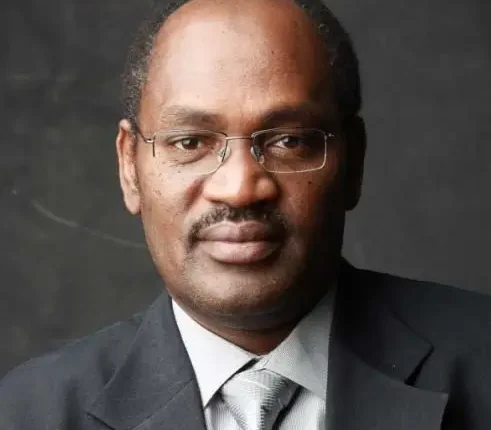The G20 Interfaith Forum… How Religion Can Be a Factor for Unity, Not Division

By Ramadan Ahmed
I had the honour of covering the G20 Interfaith Forum, held in Cape Town, South Africa, from 11 to 14 August 2025, as a simultaneous interpreter. The conference brought together no fewer than 250 participants from across the globe, representing the diverse religions embraced by humanity – from the three Abrahamic faiths to African and Eastern religions, and others. The meeting was also attended by representatives of international organisations concerned with culture and religion, such as the United Nations, the highest-ranking international body, as well as all other entities engaged with cultural and religious matters.
The four-day conference addressed issues related to the role of religions in promoting peace, human dignity, and social wellbeing. Participants discussed poverty, debt services by poor countries to rich ones and the impact of this on the quality of public services such as education and healthcare, alongside various economic, political, and social issues. The tragedy of Gaza was not overlooked.
My reflections on this conference rest on three key points: the importance of interfaith dialogue, the impact of religion – both positive and negative – on people’s lives, and the outcomes that such dialogue should produce.
The importance of interfaith dialogue lies in identifying shared values that can form a basis for communication and cooperation. In reality, religious leaders often promote a negative image of the “other” – the unbeliever, whose fate is to burn in hell and therefore should be avoided. The purpose of demonising the other is to preserve followers’ loyalty and adherence to their faith, on the premise that mere closeness to the other might lead to being influenced or changed. Thus, religious leaders have concentrated on keeping their followers away from the “other”, resulting in religious communities living in isolation from one another. This isolation has often led to the accumulation of negative stereotypes, which, over time, breed hostility that develops into aversion towards the other. Religious violence, witnessed in various parts of the world, is a natural consequence of stereotyping and demonisation. Dialogue, therefore, simply means hearing from the other, not merely hearing about them.
The influence of religion on people’s perceptions, and hence their behaviour, cannot be denied. Human conduct is largely shaped by worldviews and prevailing societal values, which are often rooted in religious heritage. This is where dialogue becomes essential – allowing people to learn how others perceive them. Dialogue offers an opportunity to correct misconceptions and to redraw the map of relationships with others.
Once dialogue takes place and negative stereotypes and perceptions are removed, the stage is set for cooperation and joint action. Dialogue matters because we live in one world, with shared interests that compel us to work together to safeguard them. Disasters – whether man-made or natural – have shown that calamities do not choose their victims. Armed conflicts, climate-change-induced natural disasters, and pandemics strike without discrimination based on religion, ethnicity, colour, or gender. Therefore, such dialogues should result in strategic plans for joint action among followers of different faiths to address these challenges.
Other areas that followers of world religions should address within interfaith dialogue include establishing ethical standards, values, and moral principles to govern the conduct of major powers on the global stage, ensuring that the rights of vulnerable peoples are not violated, and upholding absolute values such as justice, equality, freedom, and human dignity. This is what the world needs today.
Furthermore, interfaith dialogue must take tangible steps regarding school curricula, so that learning about the other becomes a structured process, enabling future generations to grow up free from religious extremism that seeks to erase or annihilate the other. Educational curricula should promote tolerance, recognition of the other’s right to live as a fellow human being, and the principle that it is the Creator alone who has the right to hold people accountable for what they believe in, and in His own way. The five fundamental necessities – the rights to life, property, religion, progeny, and intellect – should be guaranteed to all people, regardless of their religious affiliation.
In conclusion, interfaith dialogue is an important and necessary endeavour, given religion’s influence on people’s perceptions, behaviour, and life in general. Rather than fuelling hatred and armed conflict through misconceptions about the other, religion should be a unifying and harmonising force – not simply because all claim a connection to the Creator of the universe, but also on the basis of shared interests that must be protected and strengthened, and equally, of averting risks and threats that do not distinguish between their victims on the basis of religion, ethnicity, gender, or colour.
Shortlink: https://sudanhorizon.com/?p=6980

